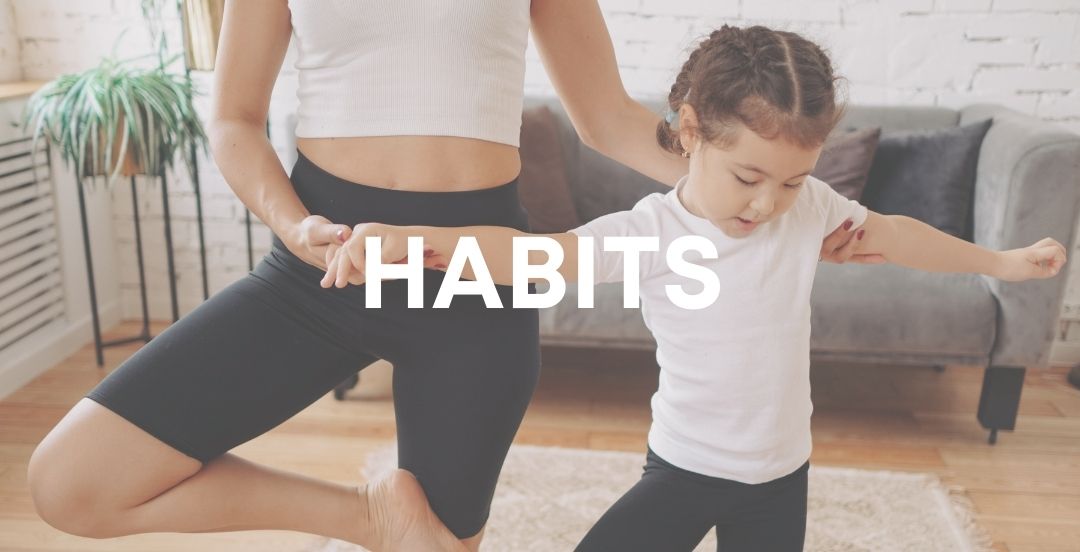The statistics on how many people actually accomplish their New Year’s resolutions are rather grim. Studies have shown that less than 25% of people stay committed to their resolutions after just 30 days. With such poor odds, is it possible that resolutions are not well-structured for our success? If you have a goal in mind this year, here are four proven strategies that will help inch you closer toward achievement.

We don’t rise to the level of our goals, we fall to the level of our systems.” – James Clear
Your goal is your desired outcome: Pay off credit card debt, learn a foreign language, run a 5k. Your system is the collection of daily habits that will get you there. This year, spend less time focusing on outcomes and more time focusing on the habits that will obtain the results.
If you want to run a 5k, for example, a system that will inch you forward is scheduling mileage every week on your calendar. Calculate in small increments how much distance you would need to cover every week to build the endurance necessary for a 5k, then schedule that time with yourself. If you know might talk yourself out of running, commit to driving to the gym on your scheduled days, even if you might not exercise. The system of lacing up your shoes and showing up to run makes you more likely to complete the day’s task. The more you show up, the more likely you are to establish a routine.

“Sometimes the fear of lying is greater than the fear of the unknown.”
They say the difference between a goal and a plan is a deadline, but for some personality types, the difference between a goal and a plan is telling someone about it. Feeling like someone is counting on you is incredibly motivating for certain people. And working one-on-one with an expert is powerful as well.
Chelsea Fagan, creator of The Financial Diet, had a goal in 2021 to begin learning Spanish. Rather than signing up for a foreign language membership, she invested in a tutor who she’d meet with weekly. This kept her motivated to make every lesson with them worthwhile.
“Often, throwing yourself into the deep end of something and thinking that your financial investment alone will keep you accountable is very mistaken. What actually keeps humans accountable is typically another human being.”
Whether it’s using the buddy system (such as paying off debt with your spouse) or seeking the help of an expert (such as a language tutor), human connection is a powerful way to turn motivation into dedication.

“Your identity can hold you back or build you up.”
How we act is a reflection of how we perceive ourselves—consciously or subconsciously. Have you ever said to yourself “I’ve always been bad at math” or “I’m terrible with directions”? These are reflections of self-perception.
In James Clear’s bestselling book Atomic Habits, he states that we need to start believing new things about ourselves in order to change our behavior. This isn’t as hard as you might think. There are two steps. First, decide the type of person you want to be. Second, prove it to yourself with small, attainable wins.
Want to be a better friend?
- Identity: Become the type of person who always stays in touch.
- Small win: Call one friend every Saturday. If you repeat the same people every 3 months, you’ll stay close with 12 old friends throughout the year.
Want to become strong?
- Identity: Become the type of person who doesn’t miss a workout.
- Small win: Do pushups every Monday, Wednesday, and Friday.

“Don’t throw the baby out with the bathwater.”
New habits aren’t formed overnight. While you’re making these positive changes, you will potentially backslide. We are human, we are nuanced. Recognize that splurging on something out of your budget or binging on 18 hours of Netflix do not make you a failure. Accept that you are human and get back on track the next day. One day or one ‘misstep’ isn’t going to break your resolve. It’s the small things we do often that move the needle. In fact, if you work on getting just one percent better each day, you’ll end up 37 times better by the end of the year.




.4).2511050842400.png)
.jpg.2511241144379.webp)